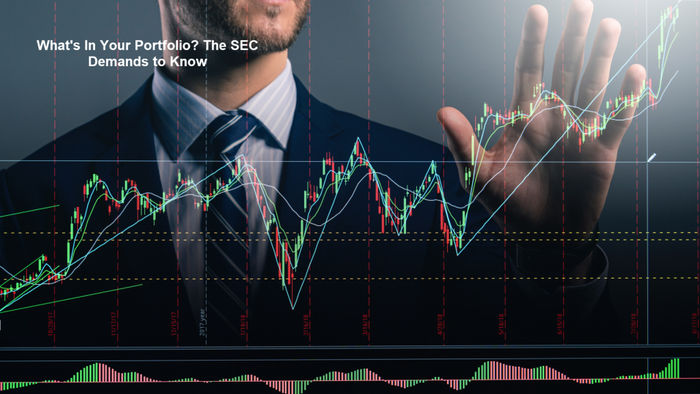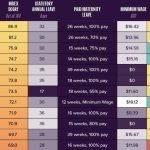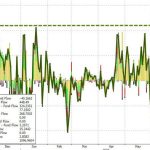By Mish Shedlock of MishTalk
The SEC is now tracking your stock trades by your Social Security Number, and it shares the data with 3,000 outside agencies.
“A consolidated audit trail that accurately tracks orders throughout their lifecycle and identifies the broker-dealers handling them will provide us with an unprecedented ability to effectively oversee the markets we regulate,” said SEC Chairman Mary Schapiro.
The new rule becomes effective 60 days after its publication in the Federal Register. SROs are required to submit the NMS plan to the Commission within 270 days of the rule’s publication in the Federal Register. Once the Commission approves the NMS plan, the SROs are required to report the required data to the central repository within one year, and members of the SROs are required to report within two years. Certain small broker-dealers will have up to three years to report the data.
The SEC is Now a Spy Agency.
This ruling was in response to a 2010 flash crash and quietly sat for years. The SEC is now following through.
Please note The SEC Wants to Spy on Your Portfolio
The scope of the Consolidated Audit Trail, or CAT, a regulation the SEC issued in 2016 but implemented only recently, is breathtaking and unprecedented. In the words of the SEC press release, the regulation instructs regulated financial institutions to identify “every order, cancellation, modification and trade execution for all exchange-listed equities and options across all U.S. markets.”
The SEC issued this rule in response to the 2010 “flash crash,” ostensibly to surveil markets. If the CAT stopped at that, it would have been a useful tool to protect markets from fraud and manipulation. But the commission decided to collect American investors’ personally identifiable information, such as account and Social Security numbers, and share it. The CAT data will be available to self-regulatory organizations, such as stock and options exchanges, and about 3,000 outside contractors as well as to the SEC itself.
We also share SEC Commissioner Hester Peirce’s concern that hackers may try to exploit the CAT “for their nefarious ends.” The urgency of this threat is clear from the repeated cyberattacks on numerous U.S. government institutions in recent years by hackers backed by China, Russia and North Korea.
We expressed these concerns to the SEC for years and have been ignored, but some in Congress share our objections. Rep. Barry Loudermilk and Sen. John Kennedy recently introduced legislation to stop the unconstitutional collection of U.S. investors’ personal information by the CAT. We hope other lawmakers will follow their lead. Regardless of political party, safeguarding Americans’ privacy should be ample reason to take action.
As the WSJ puts it:
As an American, you have a right to privacy—unless you own stock. The Securities and Exchange Commission has created a centralized database to track the personal and financial information of every U.S. investor. Congress should immediately stop this unconstitutional power grab.
Hackers Paradise
Consider a 2022 Statement by SEC Commissioner Hester Peirce.
With respect to liberty, I plead with my fellow Americans to care about your financial privacy. Why should the government, without any indication of wrongdoing on your part, follow you around the securities markets to monitor every order you place and every trade you make? With respect to security, I plead with my fellow regulators to rethink the wisdom of creating a massive database of information that hackers may try to exploit for their nefarious ends. Given these concerns, my preference would be to see the project placed in the SEC’s catacombs—dead and buried forever.
Given that the data will be available to 3,000 outside contractors, it will soon be a hacker’s paradise, if it isn’t already.
Actually, it won’t even need to be hacked, all it takes is one nefarious outside contractor.
Loading…











